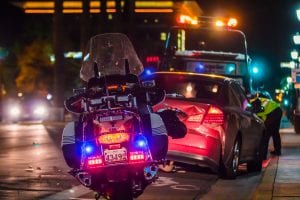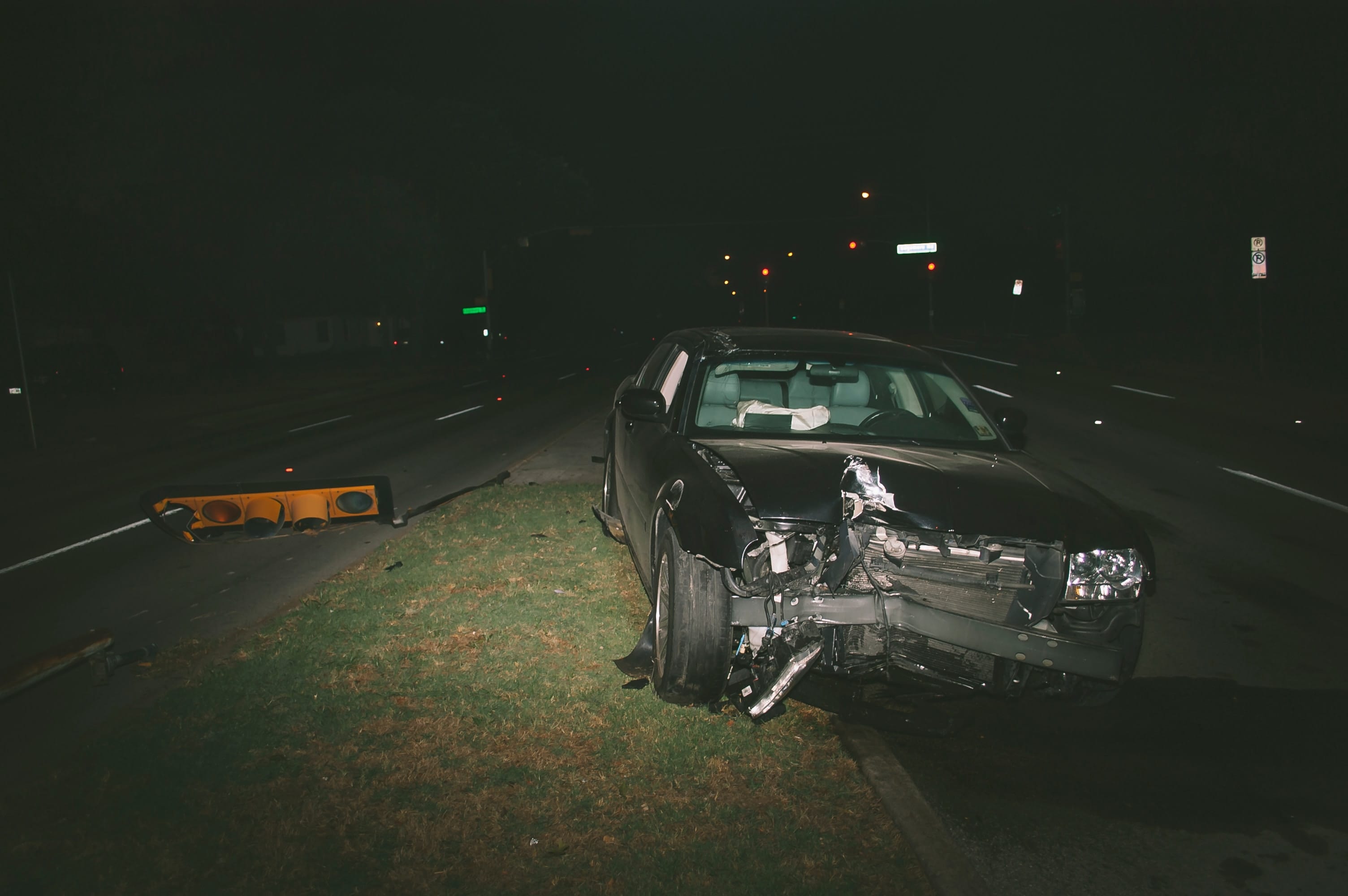No matter how small or big the car accident is, it is always better to contact a car accident attorney right after a car crash.
The havoc that comes after a vehicle accident is typical. Moreover, how to proceed in this particular instance, such as dealing with the other driver’s requests for an explanation, physical pain, and vehicle damage, might make this task challenging.
What you do after a vehicle collision with Car Accident Attorneys in Lafayette is crucial. Thus, you must ensure you have documentation to back your claim; filing an insurance claim to recover damages is still an option, even if you were partly at fault. The following are some considerations to bear in mind in the moments after and during the event of a vehicle collision.
Stay In The Accident Place
You should remain at the accident site until you have spoken with other parties involved. Until you get orders from the authorities, stay at the crime scene. You can be hit and run if you try to flee before that time.
Always Examine For Injuries
Your safety and that of your passengers should be your priority. After that, check that everyone else can do the same by looking over their shoulders. Dial 911 without delay if you see any signs of injury and call them regardless of whether you’re sure it’s not a life-threatening emergency.
Helping people outside your training scope is not what you should do. Also, you shouldn’t move a wounded person unless necessary. It might benefit you to better understand the many injuries that may occur in vehicle accidents.
Call The Police Department
By dialing the emergency number, you may dispatch a police officer to the accident scene. You must notify the authorities if the damage to your property is beyond a threshold established by state law, which is usually about $1,000 but might be lower in different regions. This requirement applies regardless of whether anybody seems injured. It is generally wise to notify the authorities of the incident because it is impossible to estimate damage costs.
As part of their investigation, officers talk to everyone with a stake in the matter and write up their findings. If it is discovered that the other motorist is drunk or does not have insurance, having a police officer there may be quite beneficial. Also, document the responding officer’s name and badge number and, if possible, the number of the police report.
Wait For Help

Drivers, kindly reduce your speed, park your emergency vehicle while flashing your road flares, and activate your danger lights. Bandit tow trucks have also been the subject of a National Insurance Crime Bureau warning.
Bandit tow trucks’ history includes enticing unsuspecting victims into entrusting them with their vehicles, which they then transport to questionable locations before demanding an outrageous ransom.
Exchange information
After you and your passengers have checked for injuries, exchanging contact information and insurance details with the other driver is vital. Following a collision, drivers must provide the following information under the III:
- Full name
- Contact Information
- Identification Card
- Driver’s License
- Insurance company
- License plate number
- Location of the car accident
- Type, color, and model of vehicle
An insurance adjuster will examine the wrecked vehicles and property, interview you and anyone else who saw the collision and examine any documents (such as photos from the scene or police reports) that might establish fault.
Gather Evidence
Find out whether anybody else was there when the accident happened, and collect whatever evidence you can. Make a note of the following information about the cars that were involved in the accident:
- Model
- Year
- License Plate Number
- With car description like color, stickers, scratches, and dents
Taking images might help you remember details like skid marks, traffic lights, and damaged cars. If the accident happened at a four-way stop, snap a photo to prove that your stop sign was thrown over or resting flat on the ground. This may be the one who should be in prison but has managed to avoid it all along. Go door-to-door in the area to see if there are any security or surveillance cameras. Jot down their whereabouts and the names of anybody to contact to retrieve the film.
Notify Your Insurer
You may file a claim with your insurance provider via their mobile app or call them while you’re at the scene. In that manner, they can inform you of the steps to take and the documents required to submit your claim. If your vehicle sustains body damage, your insurance provider may arrange for a salvage yard to collect it.
No driver with Lafayette Lawyers is immune to the jitters that follow an accident, but if you follow these steps, you should feel better. After that, you may start thinking about how to have your vehicle fixed as quickly and efficiently as possible by working with your insurance company.
Discuss Car Accident With Lafayette Lawyers
No matter how small or big the car accident is, it is always better to contact a car accident attorney right after a car crash. You should contact an experienced personal injury lawyer like the Car Accident Attorneys in Lafayette if you want tour compensation for your injuries.


Join the conversation!